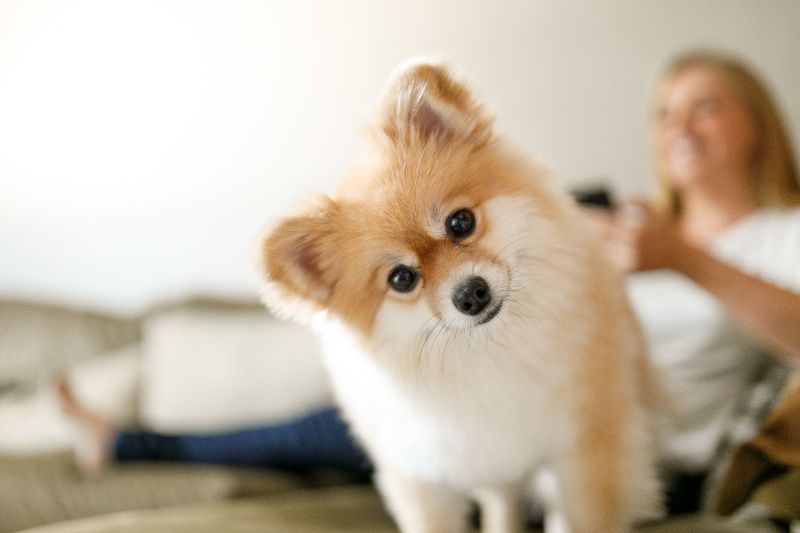
These past months have been challenging for all of us. For many families across the globe, lockdown, self-solation, and quarantine were one of the most stressful experiences. However, many families could pull through this testing time with the help of their pets. And now, when our lives are getting back on track, our pets are having a hard time getting back to normalcy. Being a responsible pet parent, you must help your pets readjust to life post-quarantine and lockdown to avoid an adverse effect on their health.
Why are pets experiencing difficulty readjusting to life after lockdown?
Pets love human attention and having their family around. Pets feel secure when they have their favorite humans around. During the quarantine and lockdown, pets had plenty of time building connections and bonds with their humans. And now that the lockdown has lifted and people are heading outside for work, they cannot spend more time with their pets. This sudden change in routine can cause depression and anxiety in pets. Dogs are more susceptible to separation anxiety and may misbehave in such a situation. Doctors from Virginia Beach veterinary hospital suggest pet parents prepare their pets for a post-quarantine routine to avoid undesirable behaviors.
Here are some fantastic tips to help dogs readjust to life after the lockdown.
- Be patient with your training: The best way to make a post-quarantine routine less stressful for your pets is to reintroduce previous work hour patterns. However, be slow and patient with your training process. You must start early on to ensure your pet picks up your new patterns just in time. Start by leaving your pet alone during working hours. Gradually increase the time of your absence to instill the positive habit. If possible, use a separate room to work from home and don’t allow your pet to enter the room while you work. This will make them habitual of not seeing you around while you work.
- Train your pets for alone time: It’s possible that your dog might have forgotten common commands during the quarantine period. Before starting with your usual work schedule, retrain your dog for simple commands like sit and stay. Reinforce the training to keep them calm and relax when you are not around them. Also, train them to behave appropriately when you return from work to avoid direct contact before you disinfect yourself.
- Try to keep the routine at home normal: Having a proper routine is key to maintaining a pet’s health. Ensure your pet has the same routine when at home. Keep their walking, feeding, and exercise time as usual. Continue giving them mental and physical exercises to ensure your pet doesn’t get nervous when left alone. If your pet is experiencing anxiety and stress, look for veterinary clinics near my location to seek professional help.
- Offer comfort to your pet: Pets are emotionally connected to their humans. And not having their humans around them can make pets insecure and frightened. Vets from veterinary hospital suggest providing comfort to such pets. When not at home, leave a pillow or your shirt with your scent for the pet to cuddle. You can also keep the TV or radio on to reinsure your pet they are not alone.